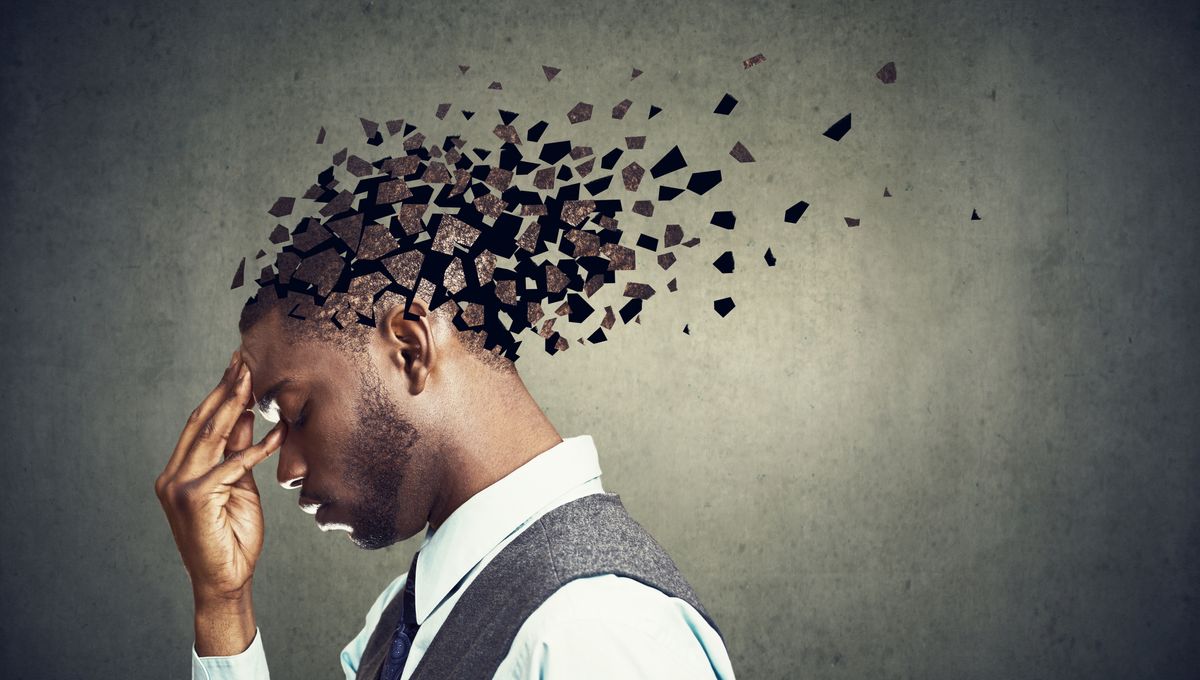
A new study in mice has raised the tantalizing possibility that memory loss after a head injury could be reversible.
Repeated head trauma, such as that experienced by professional football players and other sportspeople, is known to be a risk factor for neurodegenerative disease down the line. Taking heavy blows to the head over a sporting career – or during a stint in the military, for example – may eventually result in a condition called chronic traumatic encephalopathy (CTE), which can come with memory loss, confusion, depression, and personality changes.
But you don’t need to experience a serious head injury to be at risk of complications. On average, college football players receive 21 head impacts per week – 41 for defensive ends – and scientists are working hard to try and understand what even these comparatively mild impacts could mean for their future.
A team of scientists at Georgetown University Medical Center had previously uncovered an adaptive mechanism in the brain that alters the way synapses operate in response to head trauma. This, in turn, can make it difficult to lay down new memories or recall old ones. Using this knowledge, the team and their collaborators at Trinity College Dublin have found a way to make a group of mice remember something they’d forgotten after a mild head injury.
“Most research in this area has been in human brains with chronic traumatic encephalopathy (CTE), which is a degenerative brain disease found in people with a history of repetitive head impact,” said senior investigator Dr Mark Burns in a statement. “By contrast, our goal was to understand how the brain changes in response to the low-level head impacts that many young football players regularly experience.”
To that end, they took two groups of mice and exposed them to a situation that would provoke fear. Once they had learned the fear response and committed it to memory, one group of the mice was exposed to multiple, mild head impacts over the course of a week, mimicking a week in the life of the average college football player. The other mice acted as a control, receiving no head injuries.
After a week, the mice that had experienced repeated head trauma could no longer recall the fear they’d learned – but these were no ordinary mice. They’d been genetically modified so that the scientists could visualize the neurons involved in making the new memory in their brains – the “memory engram”.
Even after all those bumps on the head, the memory engram remained intact, and looked the same as it did in the mice that had a head trauma-free week. The only difference was that the injured mice were no longer able to activate this engram.
“We are good at associating memories with places, and that’s because being in a place, or seeing a photo of a place, causes a reactivation of our memory engrams,” explained first author Dr Daniel P Chapman. “When the mice see the room where they first learned the memory, the control mice are able to activate their memory engram, but the head impact mice were not. This is what was causing the amnesia.”
Luckily for the mice, there’s a way for scientists to activate the engram cells manually, using lasers. Unluckily for us, the technique is too invasive to be used in humans – but, it does demonstrate that reawakening a supposedly lost memory is theoretically possible.
“We are currently studying a number of non-invasive techniques to try to communicate to the brain that it is no longer in danger, and to open a window of plasticity that can reset the brain to its former state,” said Burns.
While these findings won’t lead to a treatment in humans any time soon, they’re an important step forward in our understanding of how head trauma can lead to amnesia even in the short term, and of how it might be possible to fix it.
“Our research gives us hope that we can design treatments to return the head-impact brain to its normal condition and recover cognitive function in humans that have poor memory caused by repeated head impacts,” Burns said.
The study is published in The Journal of Neuroscience.
Source Link: Amnesia After Head Injury Might One Day Be Reversible, Early Study Hints